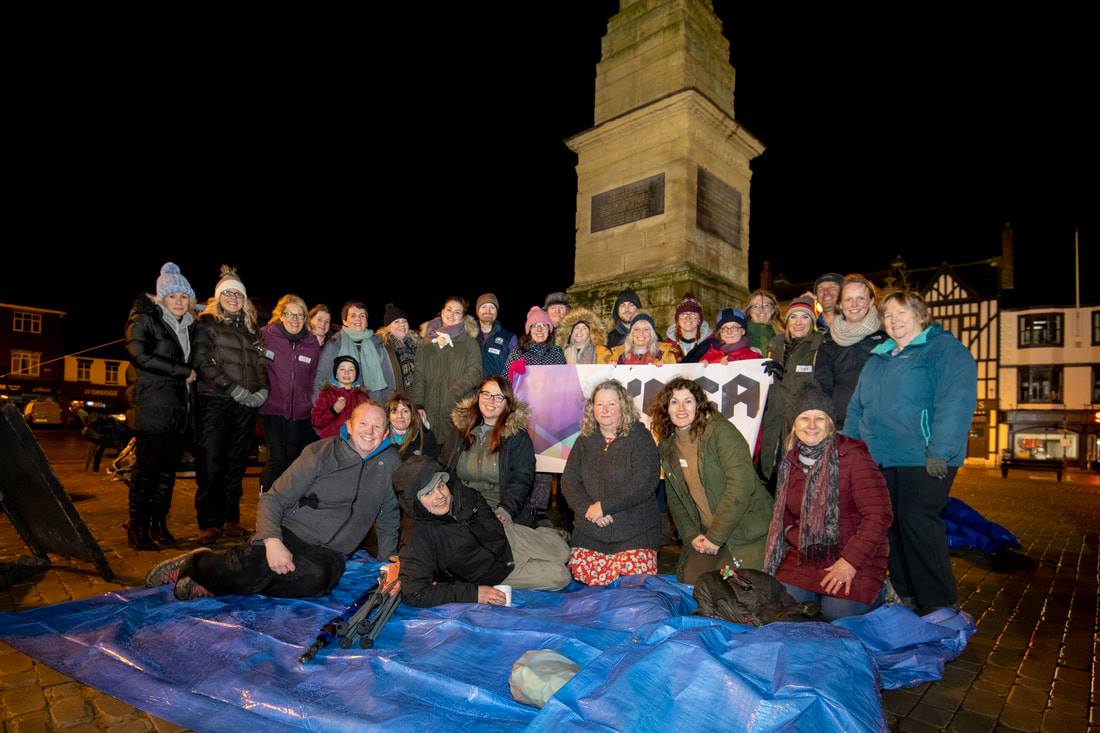What small step can you take to tackle inequality?
Today is the United Nations World Day of Social Justice. Its theme is ‘Closing the inequalities gap to achieve social justice’.
The purpose of the day is to support the pursuit of social justice. For the UN, it achieves this by supporting the Declaration on Social Justice for a Fair Globalization. This focuses on guaranteeing fair outcomes for all, through employment, social protection, social dialogue, and fundamental principles and rights at work.
Inequality affects us all. It increases our stress and anxiety; shortens our lives; increases property and violent crime; leads to poorer educational outcomes and less social mobility; creates economic instability; and lessens our social and civic participation. (If you’re interested, the Equality Trust website has an excellent summary of the impacts of inequality).
But what can we do about it? It requires political will, co-ordinated Government action and economic restructuring to address inequality at a national level. This isn’t going to happen in the next five years. But all of us can do something small which helps to work towards achieving social justice, supporting fair outcomes for everyone.
Homelessness
Rough sleeping is perhaps the most visible sign of poverty in the UK. You don’t have to go far in any large city to see people spending the night in a doorway, subway or in a park. Rough sleeping remains an enduring image of contemporary urban life.
In England, Government figures show an increase in rough sleeping in the last five years. Overall, Shelter estimate about 320,000 in the UK are homeless. (By the way, charities like Shelter do some great work – providing advice, support and advocacy – and are deserving of our support).
In the small city of Ripon where I live, homelessness is more hidden. There is a Big Issue vendor, but you rarely see anyone sleeping rough. However, homelessness includes anyone without a home – those in temporary accommodation, night shelters, hostels or those who sleep on a friend’s sofa. Just because you don’t see it, does not mean that it does not happen.
To support our local charity working with people experiencing homelessness, the Ripon YMCA, I’m taking part in their Sleep Easy on 28th March 2020. This will involve spending a night outdoors to raise money for the Ripon YMCA and increase awareness of youth homelessness. This small charity provides supported housing for young people, helping to improve their outcomes. Please visit my JustGiving page to support us and to help raise awareness of the problem of homelessness.
Sleeping outside the Workhouse
The Sleep Easy will take place at the Ripon Workhouse Museum. This is an evocative location as it is where homeless people would have stayed before the advent of the welfare state.
The museum has perfectly preserved cells where ‘vagrants’ – itinerant homeless people – would have stayed. Their itinerancy was reinforced by not being permitted to obtain relief from a workhouse on successive occasions. They had to move on to a neighbouring parish on completion of their short stay at the workhouse.
People who were homeless were permitted to stay for a maximum of two nights but had to undertake a day of hard manual labour in between. In the museum you can see the yard where they broke up stones for use in road building and the cold cells where they slept at night.
The vagrants cells betray different attitudes towards homelessness than we encounter today. Or do they? One of the special attributes of the museum is that it challenges us to consider our attitudes towards poverty. Why not arrange a visit? There are three museums in Ripon you can visit on one ticket, so it’s a good day out.
On 28th March we’ll be taking this discussion outside the museum. However, if you want to do something on the World Day of Social Justice to help improve outcomes for young people experiencing homelessness, please contribute on my JustGiving page today: justgiving.com/fundraising/martin-webber-ripon-ymca. Thank you.


